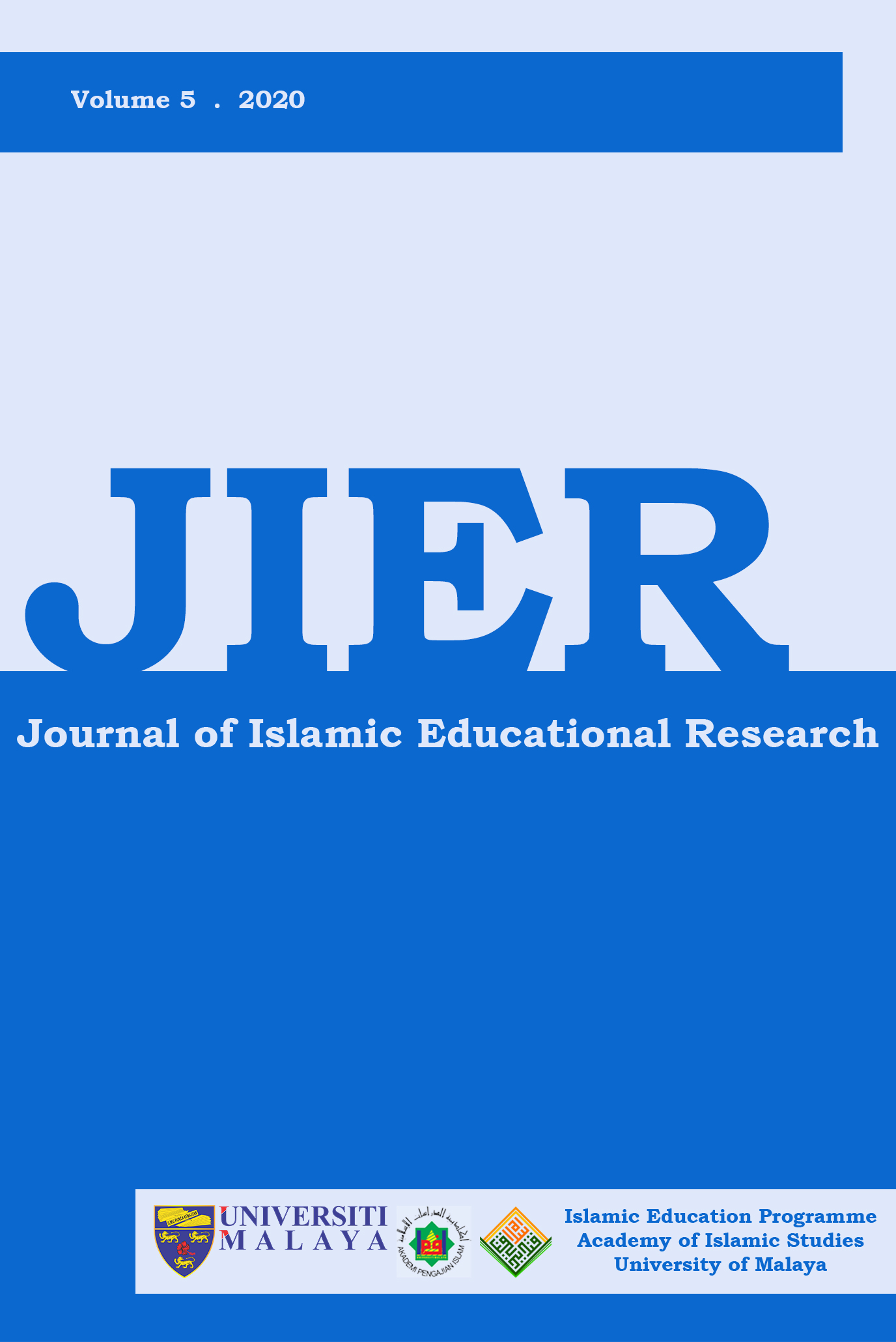THE VALUES OF PEACE EDUCATION IN THE PERSPECTIVE OF THE HOLY QUR'AN
Keywords:
Values, Peace Education, Islamic Education, al-Quran al-KarimAbstract
This article is the result of a literature review. This study aims to explore the values of peace education in the Holy Qur'an. To ensure the authenticity of this paper, we explore themes related to peace education through Google Scholar. In our search, we found 2,950,000 results. Then we do the restrictions with keywords, year, and all keywords are collected in the title of the article. From the restrictions we did, we found 1,210 results. Then we add restrictions, namely by specifying the keyword to “peace education, Islam." From the additional restrictions, we get eight articles that focus on talking about peace education in Islamic education. Finally, we specify a search with the keyword “peace education, al-Qur’an and hadith,” the search results are zero. Therefore, we decided to focus on discussing the values of peace education in the Holy Qur'an. We concluded that al-Qur'an emphasizes peace is proven with more significant verses of peace than war verses, as we can explore in the book of al-Mu'jam al-Mufahras fi Alfaz al-Qur'an al-Karim. This study also found that the values of peace education in the Qur'an were at least four, namely: 1) tolerance (tasamuh); 2) polite dialogue; 3) cooperation (al-ta'awun); and 4) forgiving (al-'afw).
Downloads
Downloads
Published
How to Cite
Issue
Section
License
The published manuscript shall be a copyright of the Islamic Education Programme, Academy of Islamic Studies, University of Malaya, Kuala Lumpur, Malaysia. The published manuscript would not represent the stand or opinion of the Advisory Board, Editorial Board, Co-Editorial Board and the Management Team of Journal of Islamic Educational Research (JIER), or the Islamic Education Programme, Academy of Islamic Studies, University of Malaya.
Note: This is an open access journal which means that all content is freely available without charge to the user or his/her institution. Users are allowed to read, download, copy, distribute, print, search, or link to the full texts of the articles in this journal without asking prior permission from the publisher or the author. This is in accordance with the BOAI definition of open access.






